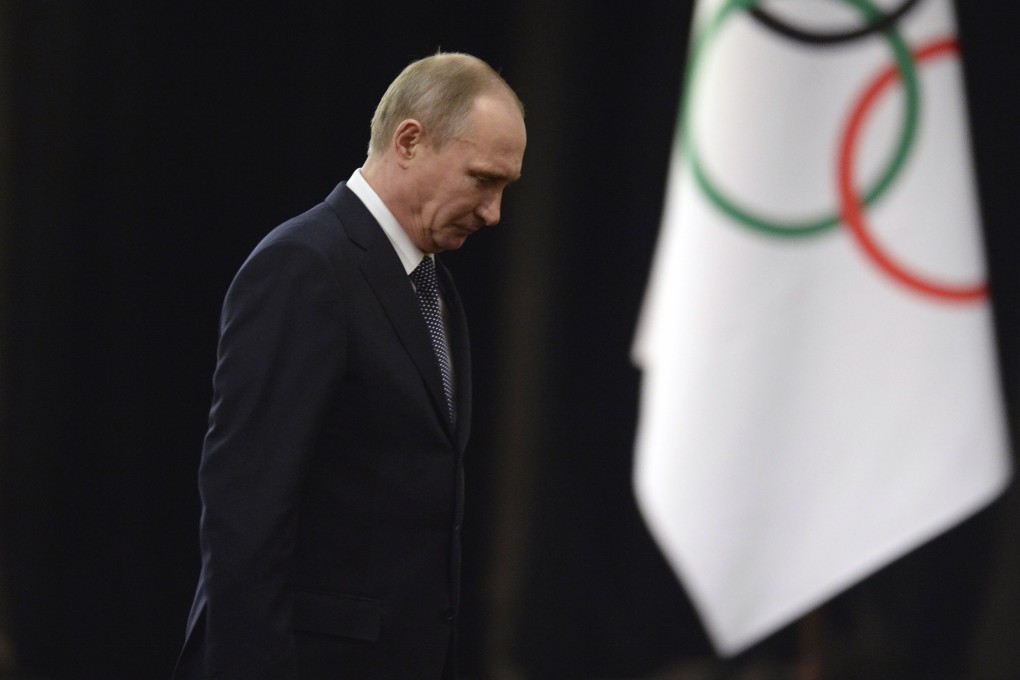For Russia, an Olympic boost may be as elusive as natural snow in Sochi
Andrew Hammond assesses the meagre returns of the lavish Sochi Games

With the 2014 Winter Olympics beginning tomorrow, President Vladimir Putin has high hopes that a successful event will enhance the international reputation of Russia.
As a project of the utmost personal importance for Putin, an estimated US$51 billion has been spent, making these Olympics easily the most expensive in history, and more than three times as costly as the London 2012 Summer Games.
Ironically, it is partly because of this lavish spending (which has spawned allegations of corruption and cronyism) that Sochi is unlikely to have the positive public relations impact for Russia that Beijing 2008 and London 2012 did for their respective hosts. Indeed, there is a risk that Sochi could become the most controversial Olympics ever, with issues ranging from protests at Russia's new homosexuality law, to the threat of terrorism.
The new legislation is part of Putin's wider, populist political agenda of defending what he views as traditional family values and opposing gay marriage. But he has attempted to defuse the issue with a twin-track strategy. First, he clumsily indicated that gays were welcome in Sochi, provided that they "leave children in peace" (implicitly equating homosexuality with paedophilia).
He has been more sure-footed, however, with a carefully timed series of pardons for high-profile imprisoned figures, including the former Yukos head Mikhail Khodorkovsky; the Pussy Riot band members; and numerous Greenpeace activists charged after an Arctic oil drilling protest. These moves are astute, given that international protests at the continued imprisonments could have marred the Games. Instead, the amnesties have, at least partially, muted some human rights critics.
Nonetheless, the gay rights issue will not go away, and this is likely to be evident to the estimated 3.5 billion watching the events on television. One reason for this is that US President Barack Obama and other world leaders have already declined to attend Sochi, some partly for human rights reasons.
A second reason is that gay rights campaigners will wear branded clothing highlighting Principle 6 from the Olympic charter, which articulates the Olympic movement's opposition to all forms of discrimination.
